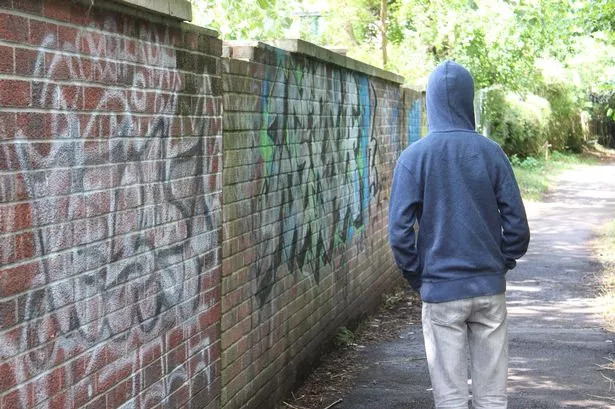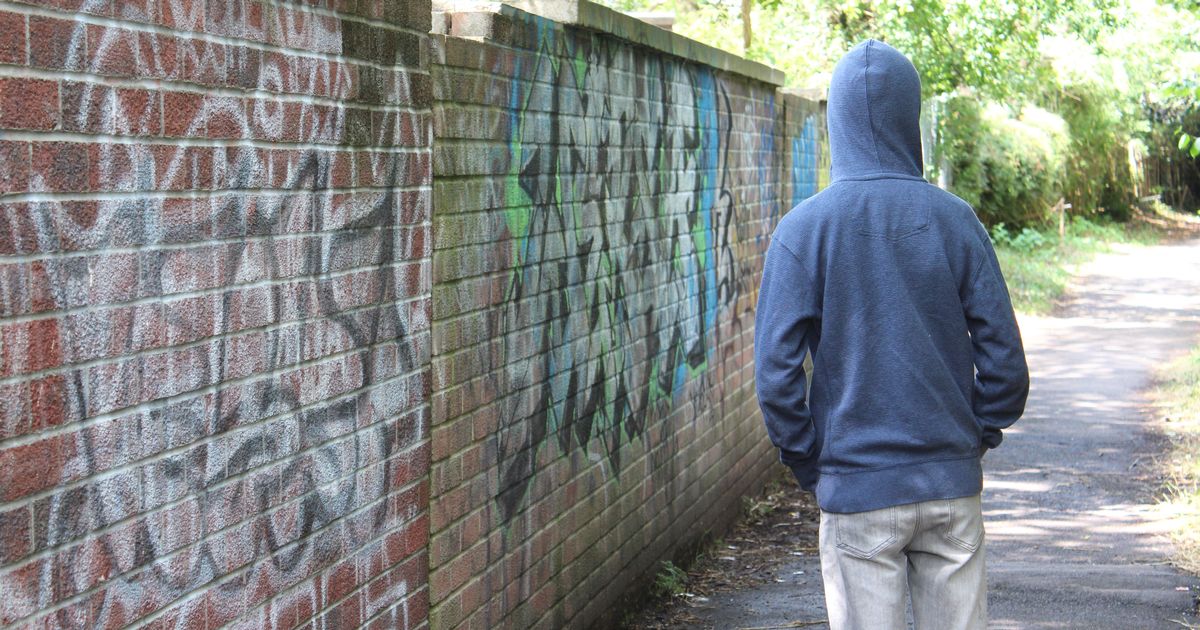National figures have been described as ‘shocking’
Richard Ault Chief Feature Writer
06:00, 25 Oct 2025
 Deaths have been related to drug misuse, according to figures(Image: Getty images)
Deaths have been related to drug misuse, according to figures(Image: Getty images)
More than 70 people died in Devon after taking drugs last year, as national figures show record numbers of drug poisonings – with deaths involving synthetic opioids almost quadrupling.
New Government figures show that 5,565 deaths registered in England and Wales in 2024 were related to drug poisoning. That was a 2% increase on 2023, and the highest drug death toll since records began in 1993.
That includes 71 deaths in Devon, a similar number to 2023 (70 deaths), and the second-highest on record behind 2022 (73 deaths).
There were also 35 drug poisoning deaths in Plymouth last year, up from 23 in 2023 and 31 in 2022. However, that was fewer than the record 45 deaths in 2021.
Nationally, just under half of drug-poisoning deaths registered last year involved an opiate or an opioid (47%, or 2,621 deaths).
Heroine and morphine, often indistinguishable in toxicology testing, were the most frequently mentioned opiates and opioids in death registrations (1,415 deaths).
But there were also 195 deaths which involved nitazenes, a category of new synthetic opioids. That was a near four-fold increase from the 52 deaths registered in 2023. These substances can be 100 times more potent than heroin and bring a high risk of overdose.
 The number of drug-related deaths in Devon(Image: Reach Data Unit)
The number of drug-related deaths in Devon(Image: Reach Data Unit)
Deaths linked to cocaine were also 14% higher than in 2023, with 1,279 registered last year.
In Devon, the mortality rate from drug poisoning was highest in Exeter.
There were 18 drug poisoning deaths registered in Exeter last year, 21 in 2023, and 19 in 2022.
That equates to a mortality rate of 14.8 deaths for every 100,000 of the population over the last three years, much higher than the England average (8.8 deaths per 100,000 people).
That’s also the highest rate in the South West, and the 34th highest of more than 300 council areas in England and Wales.
In our area, North Devon is next with a rate of 13.6 deaths per 100,000 population, followed by Plymouth (11.7).
You can check the number and rate of drug poisoning deaths where you live using our interactive map:
Last year, men were around twice as likely to die as a result of drug poisoning as women.
More than two-thirds of drug poisoning deaths (67% or 3,736 deaths) were due to drug misuse, meaning the underlying cause of death was drug abuse or drug dependence.
Generation X, people born between the late 1960s and early 1980s, had the highest rates of drug misuse deaths. The average age for a drug misuse death in 2024 was 45.5 among men, and 48.5 among women.
Sir Richard Branson, a member of the Global Commission on Drugs, said the figures were “shocking” and that a “national crisis” was being worsened by dangerous synthetic opioids such as nitazenes.
The Virgin entrepreneur, who has long argued that drug use should be treated as a health issue rather than a crime, said many such deaths are preventable and called for a policy shift to focus on “harm-reduction measures such as drug checking services and medically supervised drug consumption rooms”.
Referring to the UK’s first safer drugs consumption room, which opened in Scotland in January, Sir Richard said: “Over 100 of these facilities operate successfully in 18 countries – it’s hard to understand why only one such facility – The Thistle in Glasgow – exists in the UK.
“It’s time for a radical shift. When the opportunity to save countless lives is presented on a mountain of unambiguous evidence, nothing else should matter.”
The Turning Point charity, which helps people with substance abuse problems, called for increased availability of medication to be given in the event of opioid overdoses.
Chief operating officer Clare Taylor said: “Synthetic opioids continue to flow into the market.
“Lab-produced opioids pose a significant risk to life due to their potency and this is reflected in the fact that deaths related to nitazenes have increased four-fold compared to the previous year.
“We would like to see continuing efforts to increase availability of naloxone, a life-saving medication which can reverse the effects of an opioid overdose.
“If Government is serious about tackling regional health inequalities, then proper investment in drug and alcohol treatment is needed.”
A Department of Health and Social Care spokesperson said: “These figures provide a stark reminder of the dangers of drugs and the associated tragic loss of life.
“This Government is committed to cutting the number of drug-related deaths through treatment, advice and support and focusing on those deprived areas suffering most.
“This week we launched a new campaign to alert young people to the dangers of ketamine, counterfeit medicines and contaminated vapes.
“Through mission-driven Government we will continue to work with partners across health, policing and wider public services to drive down drug use, reduce harms and build a fairer Britain for all.”

